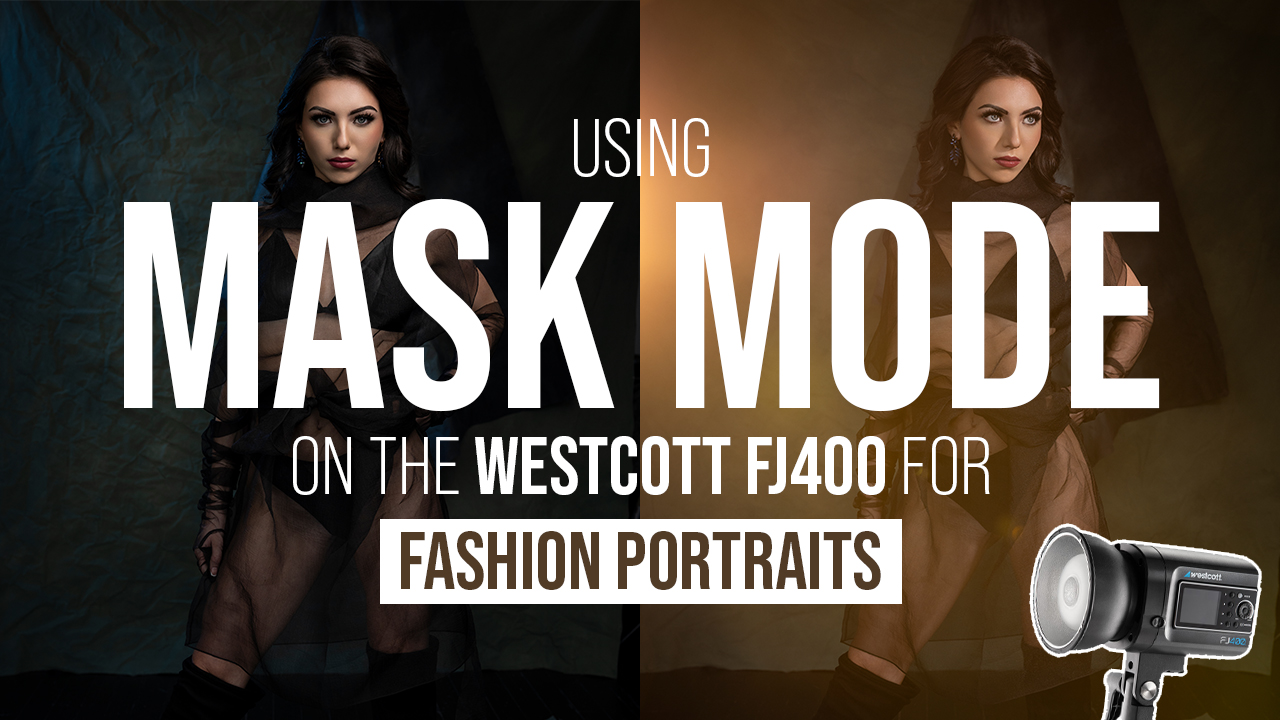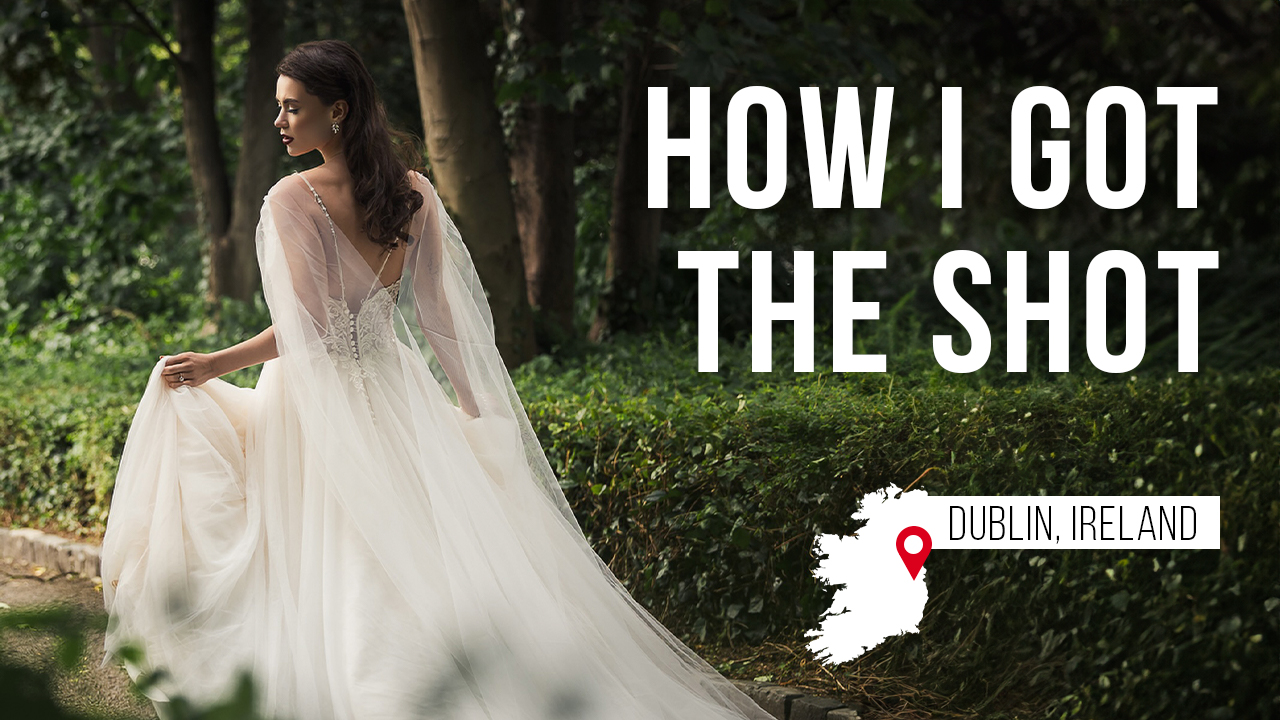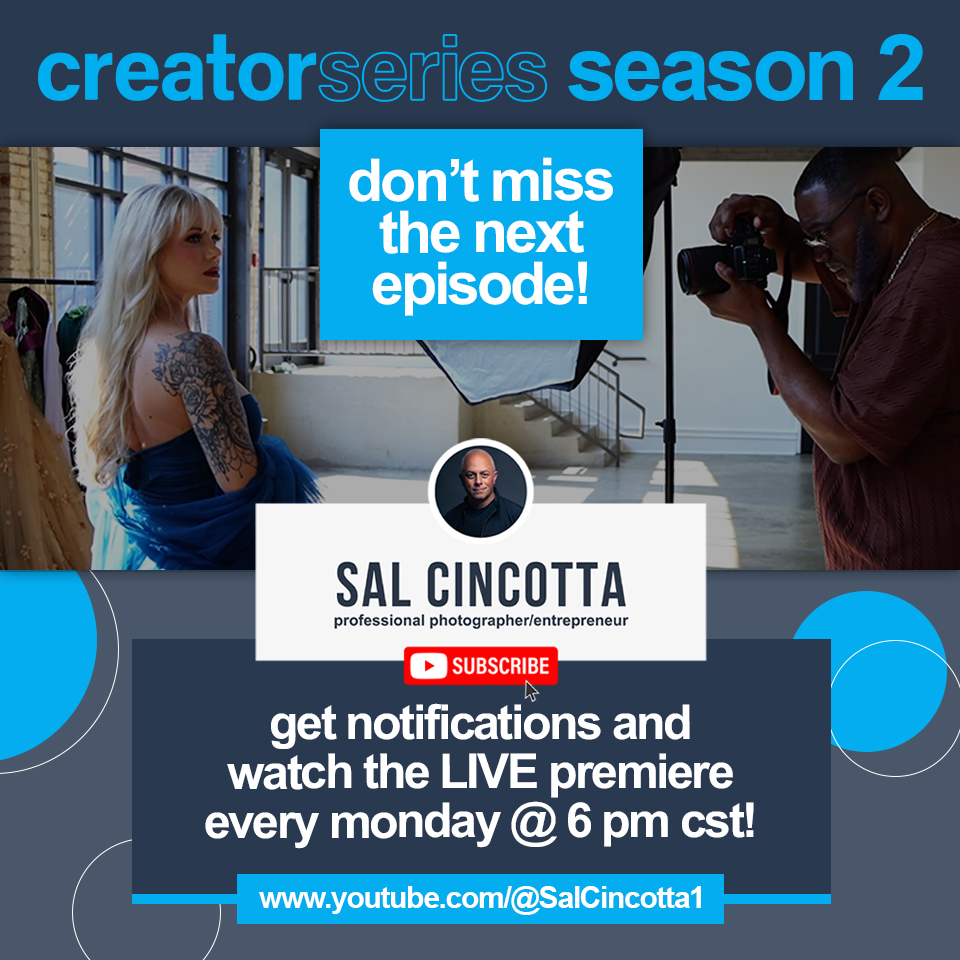How to Book New Clients With Facebook Ads with Phillip Blume
Question: What do you call a person you’ve never met but whom you’re desperate to turn into a paying client? Answer: a cold lead.
There’s nothing funny about a potential client going cold when you’re starving for work. Sadly, warming up a new inquiry into a hot client (or even getting a prospect to contact you in the first place) is the Achilles’ heel for most young businesses.
As a photography and marketing educator, I meet a lot of photographers who feel stuck in the mud when it comes to booking. They can’t seem to fill their calendars with enough photo sessions to pay their bills. Have you been there? It’s a dark place where you start to accept your fate as a starving artist rather than reach for greater success.
Don’t stay in that place. Success is more than attainable for you if you’re open to learning. Warming up a cold lead is intimidating. In this article, I introduce you to a few basic strategies that will help you attract and convert new clients through Facebook ads.
You may have tried Facebook ads before with little success. If so, you probably just skipped one or two of these easy-to-miss (but important) steps.
Let’s review the steps now, and at the end I will show you how to get your photography studio’s engine roaring with yet another very powerful tool.
Set Up Your Facebook Ad
Let’s start with the most basic part of this strategy: purchasing the ad. Actually, creating an ad should not be your first step. But for many small business owners who are new to social media advertising, this is where they start.
The new Facebook Ads Manager is a robust tool—much more intimidating to newcomers than it was just a year ago. It reminds me a bit of Photoshop. It’s a great program that can handle any job, and it offers so many possibilities.
The good news is, Facebook has created a less complex path for those of us running simple ads for small businesses. This is the “boost” method. Instead of entering the full Ads Manager, I recommend you create a simple post on your Facebook page first. This will become your ad later, but starting at the post level allows you to edit and tweak the design more easily.
Ad Images
Use a relevant image in your post. According to tests run by Consumer Acquisition, images account for 75% to 90% of an ad’s performance. Don’t miss this. The stat didn’t surprise me since it almost matches the statistic I learned 15 years ago in journalism school: Newspaper stories containing an image get read 60% more than those without. Your clients are visual creatures. You’re a photographer, so this should be easy for you. Choose an image that communicates: a. the genre and b. the mood of the session you’re offering.
Once you publish your post on the page, click the Boost Post button to get the party started. Now you get to hone in on your target audience.
Targeting
I selected women between the ages of 32 and 45. Since my ad is for family portraits, I’m going after the real decision-maker: Mom. Facebook is wonderful for portrait photographers because 82% of all women are active there, and the majority falls in this age range. I can exclude anyone else without narrowing my audience too much.
It’s easy to narrow too much when you live in a less populated area like I do. Ideally you want a highly refined audience, but you also can’t launch an ad without a minimum number of people targeted: tens of thousands. So you may need to broaden the age range or add nearby cities (as I did) to open it up. Locations overlap and don’t stretch too far outside our travel area.
There are three common outcomes here, and none of them is good: 1. You enter the Facebook Ads Manager and notice it appears way too complicated, so you give up; 2. You do a good job at creating a targeted ad, but you leave out strategic ad content (which we’ll address below); or 3. You create a beautiful, well-targeted ad with all the right ingredients, but you forget to implement a follow-up strategy.
Narrow by the interests of your target audience. Start with enough people in your geographic selection to do this, which helps you find ideal clients by personality. Want to target a session to military families? Choose interests that include active service people or veterans. Does your ad image feature a puppy? Choose interests that include dogs. You’ll connect more easily.
For our upcoming fall mini sessions, I focused on parenting and motherhood. After browsing selections for yourself, take some of Facebook’s follow-up suggestions, too. Click Suggestions below. It’s really smart.
Behavioral Algorithms
Facebook Ads is far more advanced than it used to be. It’s almost scary. Before you run your ad, go back to the top and select an Objective.
Beyond demographics, Objectives allows you to target your audience based on subtle behaviors. In other words, you can basically choose an audience based on the way you hope they’ll react to your ad.
If you want a potential client to click over to your website and book you immediately, you might choose Website Visits as your priority. This sounds the most appealing, but as we’ll discuss below, it might be better for product sales—not ideal for service-based industries like photography.
Instead, I chose Engagement as my priority. As a result, my ad will be shown to people who tend to engage with posts more, leaving comments and asking questions. That’s what I want, for reasons we’ll go into.
Budget and Time
These are totally up to you. But as a guide, for specific portrait events, I usually start with about a $30 budget over the course of one week. As you run more ads, track your stats to see how it’s going. I average a $5 to $6 ad spend per client booked. That means I hope to book four to five clients at that budget. (That’s incredibly cheap and worthwhile, wouldn’t you agree?)
Make Your Client the Hero
Here’s where the rubber hits the road, far beyond the technicalities of setting up ads. This is the beginning of real marketing psychology, which will make your ads thrive.
How you write your ad copy matters. Ads that make you the hero don’t work. Don’t talk about your awards, camera gear or how passionate you are about photography. Your clients don’t want to become photographers, so you’re telling them the wrong story. You need to understand what they’re looking for and talk about them.
Notice in Figure 1 that I begin, “Is your family the ‘most fun’ in Athens?” Using this technique—even with very few words—I accomplish a lot. First, I make the story about the client’s family. Then I ask a question that forces them to become mentally engaged, not passive to the ad. I want to engage families who really do enjoy fun, because that’s what our portraits are all about. They won’t like the experience we provide if they’re too stiff. Finally, I drive home that this is a local ad by mentioning our hometown, Athens. Remember, you know your ad settings are local, but readers don’t unless you make it clear.
Making the client the hero becomes evident when you look at our full landing page from this ad. The landing page is the missing key to your Facebook ad success.
Use a Landing Page
In the absence of a landing page, your Facebook ads fall flat. Why? Because you have to make it easy for people who view your ads to take action. In front of a screen, people are in a mentally passive state. Your ad might create an impression, but alone, it will almost never inspire action.
Instead of sending a lead to your general website—where there’s too much to read, the contact form seems daunting and clients click away after three seconds—you’re going to deliver them to a highly strategic, handheld experience that tells them over and over again, “Book this specific service now.” A landing page is an assembly line for bookings.
Look at Figure 6 for one small section of our mini sessions landing page built on StickyFolios software.
There are other companies with free trials available that allow you to build landing pages. But most trials are extremely weak versions of the full service, which is very expensive. Don’t get me wrong, the software from some of these services is powerful. But most photographers can’t afford the several hundred dollars per month I pay for ClickFunnels, for instance. It is an amazing (and amazingly complicated) program for my bigger businesses, but I don’t recommend it for small photography studios.
StickyFolios, on the other hand, is so affordable and easy to use that I can build my photo landing pages with it in about 20 minutes. It’s designed for photographers, so it’s everything you need and nothing you don’t—plus, it’s incredibly powerful. I recommend using it before you create your next Facebook ad. You won’t regret it.
Create Scarcity
Every great ad requires scarcity. This is Economics 101. Notice how clear my sample ad is: Eight spots are available. By saying we’re “opening more,” it’s implied that there is demand, so you must hurry to get something other people want.
And demand there was. Thanks to strategic repeat marketing after our past ads and promotions, our calendar books up faster every time. We sold out the first weekend of our mini sessions the same morning we opened them, prompting us to open a second weekend and run the follow-up ad you see here.
There’s more to creating scarcity than just the ad copy. But that’s the beginning, and it’s how potential clients know to take serious action.
Call to Action
Include a call to action in every ad. Make the first action easy and noncommittal, whether it’s to “get more info” or “view available times.” I don’t recommend “book now” as an initial call to action in any ad. You can use it later, perhaps on your landing page. But go easy. If you can get a potential client to take one small step, research shows that his or her first action will make a second action much more likely.
Finally, get ready to serve clients who interact with your Facebook ads. The pay-to-play model is here to stay, and it’s not all bad. But old-school methods of social interaction are still needed to seal most deals. Just take a look at our inbox after we began our promotion.
If you want to succeed, you better get ready for some old-fashioned hard work.
Conclusion—and One More Very Powerful Tool for High-Profit Bookings
Facebook ads are a great marketing tool, but marketing is a small piece of the puzzle of business success. Anyone can use Facebook. So how can you stand out?
I’m not just talking about a unique style or brand. I’m talking about a proven system that makes it possible for photographers around the country (and world) to double profits in almost every imaginable market.
It first worked for us eight years ago when we were struggling to keep our business alive. It led us where we are today, and we’re humbled now to see our homegrown strategy making a difference for thousands of photographers like you. I’ll give you this one clue: Now that autumn is here, right now is the right moment to try this strategy. Visit bit.ly/blume-minis-free to learn it. The training is free, and this month we’ll send you the companion eBook, too.
If you can’t attend our in-person workshop tour this year, I invite you to register for this free 90-minute web class this month at bit.ly/blume-minis-free (you’ll notice it’s a landing page). We’ll see you online to discuss why $10,000 per weekend and raving clients should be normal. Get ready to put all your new Facebook ads knowledge to work.




